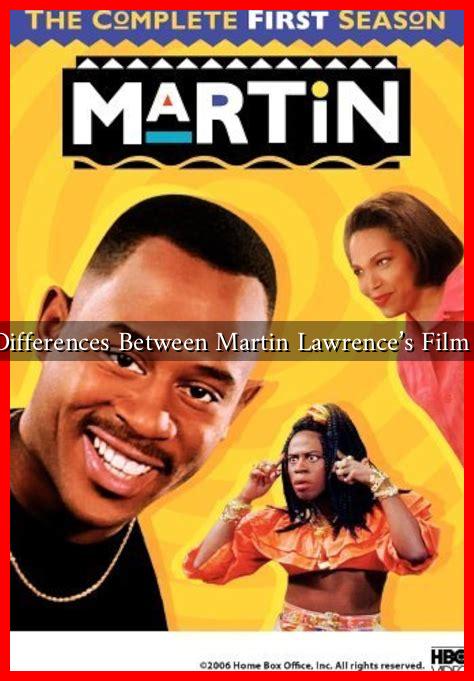-
Table of Contents
What Are the Differences Between Martin Lawrence’s Film and TV Work?
Martin Lawrence is a multifaceted entertainer whose career spans decades, showcasing his talents in both film and television. While both mediums have allowed him to shine, they each present unique opportunities and challenges that shape his work. This article explores the differences between Martin Lawrence’s film and TV work, highlighting key aspects such as themes, character development, audience engagement, and production styles.
Thematic Differences
One of the most significant differences between Lawrence’s film and television work lies in the themes explored. His films often delve into broader societal issues, while his television shows tend to focus on personal relationships and everyday life.
- Film Themes: Lawrence’s films, such as “Bad Boys” and “Big Momma’s House,” often tackle themes of crime, justice, and identity. These films blend action and comedy, allowing for a more extensive exploration of complex issues.
- TV Themes: In contrast, his television series, particularly “Martin,” center around the comedic aspects of life, including friendships, romantic relationships, and family dynamics.
. The show often highlights the humorous side of everyday struggles.
Character Development
Character development is another area where film and television diverge in Lawrence’s work. The format of each medium influences how characters are portrayed and evolved over time.
- Film Characters: In films, characters are typically developed within a limited timeframe, leading to more archetypal representations. For instance, in “Bad Boys,” Lawrence’s character, Marcus Burnett, is a family man who balances his personal life with the demands of being a cop. The film’s runtime necessitates a more straightforward character arc.
- TV Characters: Conversely, television allows for deeper character exploration. In “Martin,” Lawrence’s titular character evolves over five seasons, showcasing various facets of his personality, from his comedic antics to his vulnerabilities. This extended format enables viewers to form a stronger connection with the characters.
Audience Engagement
The way audiences engage with Lawrence’s work also varies between film and television. Each medium has its own set of expectations and viewing habits.
- Film Engagement: Moviegoers often seek a complete story within a few hours. Lawrence’s films are designed to provide a thrilling experience, combining humor with action. For example, “Bad Boys for Life” (2020) was a box office success, grossing over $426 million worldwide, demonstrating the audience’s appetite for his film work.
- TV Engagement: Television audiences, on the other hand, invest in characters over time. Shows like “Martin” have garnered a cult following, with fans appreciating the show’s humor and relatability. The series remains popular in syndication, illustrating its lasting impact on viewers.
Production Styles
The production styles of Lawrence’s film and television projects also differ significantly. These differences affect the overall tone and quality of the content.
- Film Production: Lawrence’s films often feature high production values, with significant budgets allocated for special effects, stunts, and star-studded casts. This is evident in the “Bad Boys” franchise, which is known for its explosive action sequences and cinematic quality.
- TV Production: In contrast, television productions typically operate on tighter budgets and schedules. “Martin” was filmed in front of a live studio audience, which contributed to its energetic atmosphere but also limited the scope of production compared to films.
Conclusion
In summary, Martin Lawrence’s film and television work showcases distinct differences in themes, character development, audience engagement, and production styles. While his films often tackle broader societal issues with high production values, his television work focuses on relatable, everyday experiences that allow for deeper character exploration. Understanding these differences not only highlights Lawrence’s versatility as an entertainer but also illustrates the unique qualities of each medium. As he continues to evolve in his career, fans can appreciate the diverse contributions he has made to both film and television.
For more insights into Martin Lawrence’s career, you can visit IMDb.





